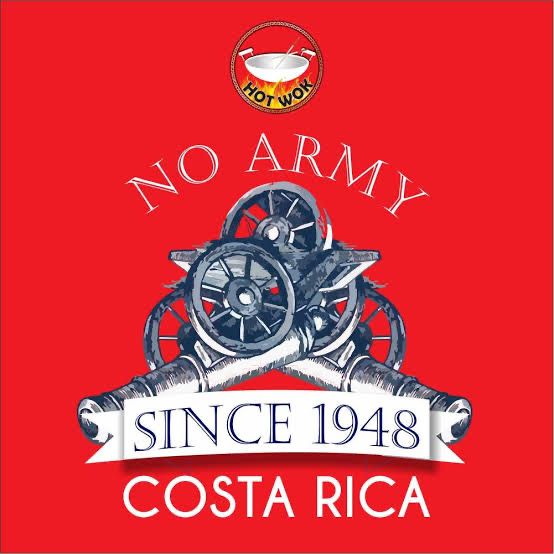Costa Rica: A Beacon of Peace for Small Baltic Nations
In a world often dominated by military might and territorial disputes, there exists a remarkable exception: Costa Rica, a small Central American nation that has chosen to renounce its military forces entirely. This courageous decision, made over seven decades ago, offers a compelling model for other small nations, including those

In a world often dominated by military might and territorial disputes, there exists a remarkable exception: Costa Rica, a small Central American nation that has chosen to renounce its military forces entirely. This courageous decision, made over seven decades ago, offers a compelling model for other small nations, including those in the Baltic region, on how to navigate global politics without the shield of a standing army.
Costa Rica's bold experiment began in 1948, in the aftermath of a devastating civil war. Rather than rebuilding its military, President José Figueres Ferrer, a visionary leader, announced that the nation would abolish its armed forces constitutionally. Instead of pouring resources into military might, the country chose to invest heavily in public education, health care, and environmental protection, realizing a vision of nation-building based on social well-being and sustainability.
This path hasn't been without challenges, but Costa Rica's commitment to peace and diplomacy has paid dividends. With no military budget, the country has been able to focus on improving the quality of life for its citizens and preserving its breathtaking biodiversity. Today, Costa Rica is recognized globally for its high education standards, robust healthcare system, and for being a world leader in conservation.
Can this model work for the Baltic states - Estonia, Latvia, and Lithuania? These nations, like Costa Rica, are small in size but have vibrant cultures and rich histories. They have also faced their share of historical turmoil and live in the shadow of larger powers.
Adopting Costa Rica's model wouldn't mean letting down their guard entirely. Costa Rica maintains a domestic security force to maintain internal order and works closely with international allies for its defense. A similar path could see the Baltic states focusing on strong diplomacy, robust international alliances, and investing heavily in their citizens' welfare - areas where they have already made significant progress.
In a world where the race to militarization often overshadows the pursuit of peace, Costa Rica stands as a beacon, illuminating a different path. By focusing on social development and international cooperation, the Baltic nations could strengthen their security in a way that goes beyond the traditional confines of military power, further solidifying their place in the world as prosperous, innovative, and peaceful societies. The Costa Rican model teaches us that the absence of a military does not equate to vulnerability, but rather can be a source of strength, resilience, and global respect.
While every country's path must be dictated by its unique circumstances, Costa Rica's example shows that peaceful nation-building is not only possible but also rewarding. It provides an inspiring blueprint for small countries everywhere, illustrating that there are alternatives to the traditional narratives of national security and that the path to true security lies as much in social development, education, and diplomacy as in arms and soldiers.




